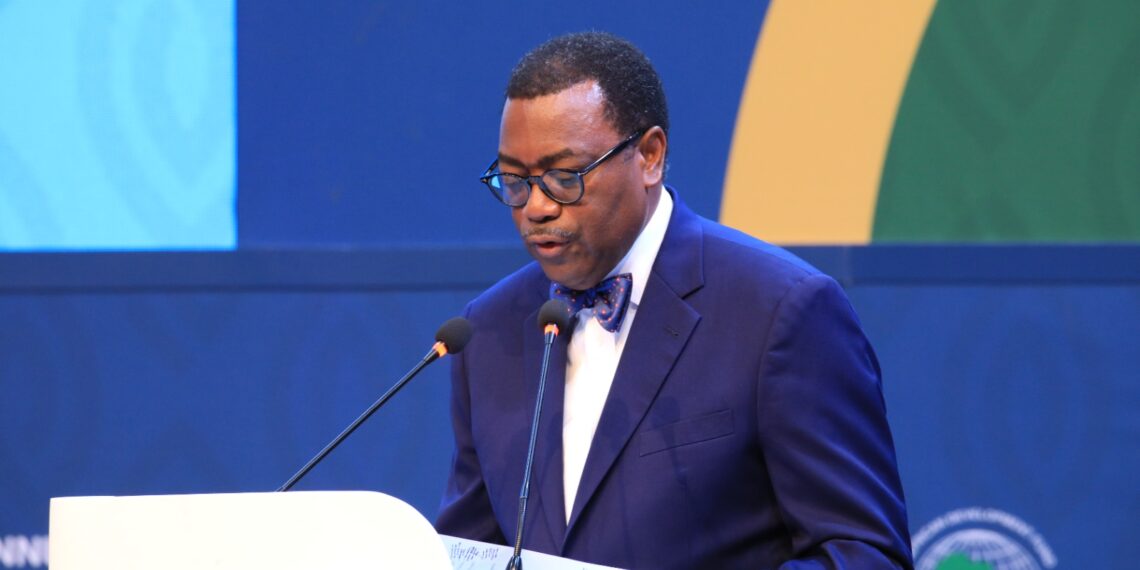
Financing priority interventions for Demographic Dividend in Nigeria
- Health Sector
- No Comment
- 323

The 6th Nigeria National Family Planning Conference 2020 was held in late 2020 where family planning was recognized as a key enabler to achieve Sustained Development Goals; and that it can reduce maternal deaths by at least 25% with a ripple effect on women and girl’s empowerment.
One of the commitments made to achieve resolutions from the Conference was provision of technical support to the National Population Commission by the World Bank to convene a community of practice. This would be a technical session on investment case for financing priority interventions for demographic dividend in the country. The technical session was convened Monday 19 April, 2021 to articulate an advocacy document for creation of budget lines in fiscal appropriations, and to develop a roadmap towards reaping demographic dividends in Nigeria.
In his presentation titled Budget Process in Nigeria; Dr Olumide Okunola of the World Bank/IFP highlighted outcomes of earlier engagements with Director General of the Budget Office of the Federation, Dr Ben Akabueze who hinted that the Budget Office of the Federation on its own cannot appropriate for any activity in the National Budget if such has not come as project activities from the sectors; hence, sector leaders should be intensely engaged to appropriate for this noble cause.
To achieve expected outcomes, he highlighted three buckets of opportunities, including engagement at sectorial level to capture activities in Medium Term Sector Strategies (MTSS) documents which feed respective Fiscal Strategy Papers (FSP) of each sector; bilateral engagements with Ministry of Finance, Budget and National Planning and other line Ministries; and engagement with the National Assembly.
Dr Ejike Orji of the Federal Ministry of Health highlighted a recent recommendation already approved by the Presidency submitted by the National Institute of Policy and Strategic Studies to fully implement the Family Planning Blueprint; this document can be leveraged on to develop a business case to reap demographic dividend in the country.
Policies needed for priority interventions to reap demographic dividend in the country were adequately captured during the meeting in a presentation by Aisha Dasgupta of the Foreign Commonwealth & Development Office (FCDO). These include achieving fertility decline; policy options around family planning programs; and investment in the education of the girl child.
Various sectors having implications for reaping demographic dividend in Nigeria including federal ministries of Health; Education/UBEC; Women Affairs and Finance, Budget and National Planning were duly represented at the technical session.
In its presentation, the Federal Ministry of Education disclosed its adoption of six strategies including the Girl-for-Girl Initiative in its roadmap to contributing to Nigeria’s quick ability to reap demographic dividend. This policy will increase girls’ enrolment, retention and completion of basic education.
The Federal Ministry of Health reiterated in its presentation, the need to use the Family Planning Blueprint to make a case for family planning. Implementing the Blueprint will cost $253 million; current annual investment in family planning stands at $4 million. The Ministry also advocated for an increase in the Contraceptive Prevalence Rate (CPR) from the current 27% and achievement of other national targets before 2024.
The Acting Director of the Population Management Department (PMD) of National Population Commission pledged to integrate issues raised during the technical session in the development of the advocacy document. They would also lead on engagement with education focused partners to deep-dive and scope on current opportunities to be coordinated; and immediate sectoral engagement with line ministries as well as the Legislature.
Written by ADEMUYIWA DAMILOLA
Edited by Abude-Aribo Juliana
Legislative Initiative for Sustainable Development (LISDEL)





